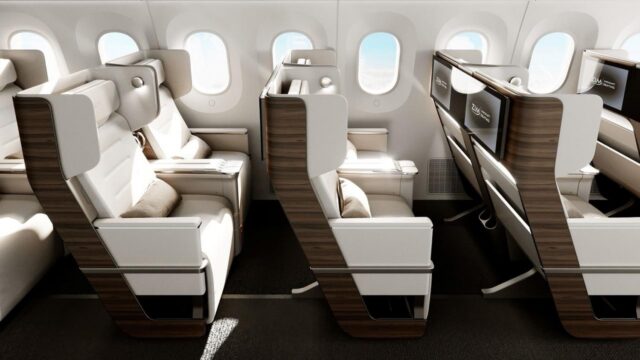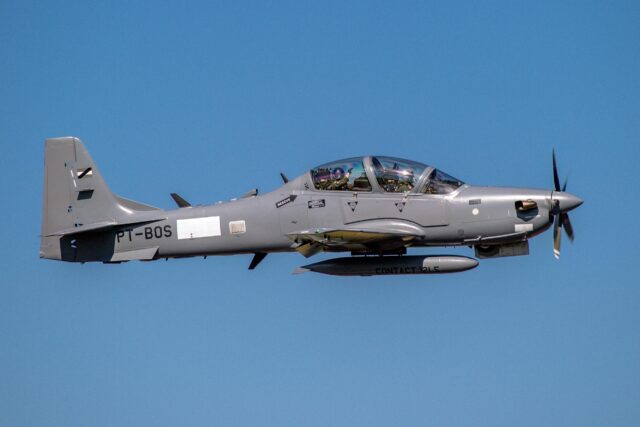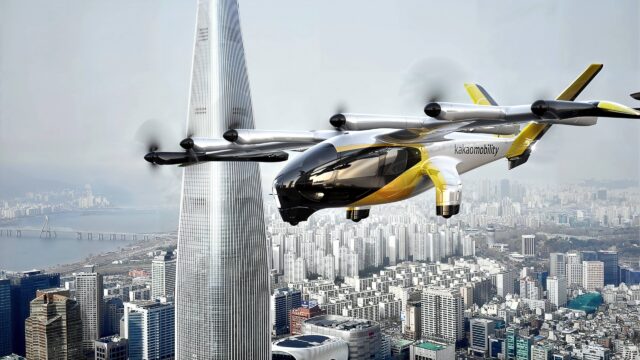Pakistan airline startup Air Karachi eyes China’s COMAC C919 for future fleet

July 28, 2025

Pakistan’s airline startup, Air Karachi, is in active talks with China’s Commercial Aircraft Corporation (COMAC) for the supply of narrowbody aircraft. The airline’s management is eyeing the C919 as it advances to launch commercial flight operations.
Air Karachi is also negotiating with Boeing and Airbus, but has signalled interest in COMAC’s next-generation jet amid a global race for aircraft availability.

“We are talking with COMAC regarding the C919, as well as with Boeing and Airbus, to acquire the aircraft,” said Hanif Gohar, Air Karachi’s Group Chairman, in an interview with Arab News. “We will start our flight operations as soon as we reach an agreement with any of the suppliers—whoever comes first.”
The airline plans to acquire three aircraft for its launch, growing the fleet to four within a year to support international operations. Gohar suggested the final decision on which aircraft to buy might be made within a month.
A new player in Pakistan’s skies
Air Karachi was formed in November 2024 as a joint venture between over 100 stakeholders based in Karachi.
The airline recently received a Regular Public Transport (RPT) license from the Pakistan Civil Aviation Authority (PCAA). The next step will be securing an Air Operator’s Certificate (AOC) and finalising aircraft deals.
The airline plans to begin with three leased aircraft for domestic operations, followed by the acquisition of four additional aircraft for international routes within its first year of operation.

Its business model follows the example of AirSial, a successful Sialkot-based airline launched by industrialists that began domestic service in 2020 and has since expanded to international routes.
Atif Ikram Sheikh, President of the Federation of Pakistan Chambers of Commerce and Industry (FPCCI), a major shareholder in the airline, described Air Karachi as a much-needed effort to modernise Pakistan’s aviation landscape.
COMAC’s growing global push
Air Karachi’s talks with COMAC come as the Chinese aircraft manufacturer intensifies efforts to grow international sales of the C919. While the aircraft is already flying commercially with Chinese carriers like Air China, China Eastern, and China Southern, COMAC is eager to break into foreign markets.

The company is aggressively targeting Southeast Asia, with offers already extended to Garuda Indonesia, and negotiations ongoing with Angkor Air in Cambodia and SCAT Airlines in Kazakhstan. In Brunei, startup GallopAir has signed a Letter of Intent for 30 COMAC aircraft, including the C919, making it the first confirmed international customer.
To gain access to European markets, the manufacturer is also pursuing certification from the European Union Aviation Safety Agency (EASA). Gaining EASA certification would bring COMAC closer to competing with Airbus and Boeing in the global market.
Despite production constraints, COMAC is scaling up efforts and aims to increase its annual C919 output to 50 aircraft. This will be supported by new authorisation for GE to ship engines to China for COMAC’s aircraft.
Air Karachi is weighing the options for new aircraft
While Airbus and Boeing offer more established fleets and global support infrastructure, the C919’s appeal lies in its delivery timelines and competitive pricing—traits that are attractive to startups like Air Karachi, which need to avoid the long lead times of Western manufacturers.

Currently, the aircraft is only certified by China’s civil aviation authority, which limits its global reach. Still, for Air Karachi, the choice may come down to availability.
The airline’s founding shareholders include some of Pakistan’s most influential industrialists and financiers, including Aqeel Karim Dhedhi (AKD Group), Arif Habib (AHL), Bashir Janmohammad, Zubair Tufail, and S.M. Tanveer. The founding group has pledged an initial investment of Rs 5 billion ($17.6 million) and plans to invest more as operations scale up.
If Air Karachi opts to purchase the C919, it would support COMAC’s global ambitions, positioning China as a growing contender in a market long dominated by Boeing and Airbus.
















